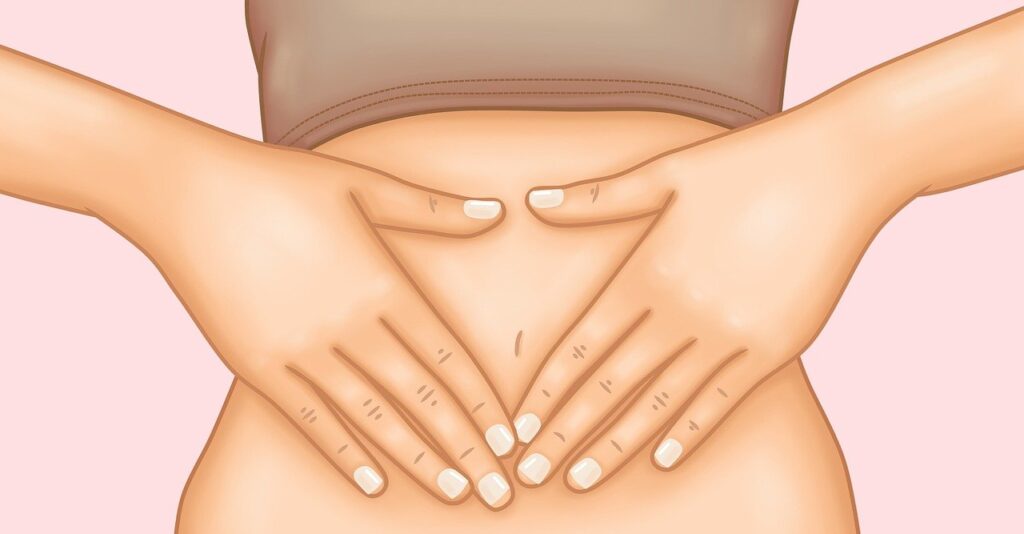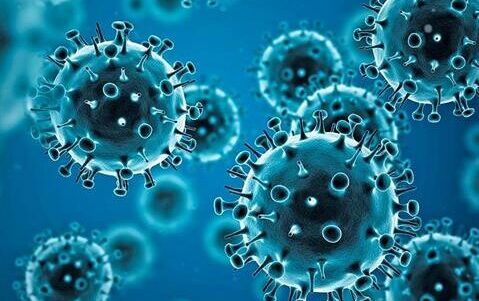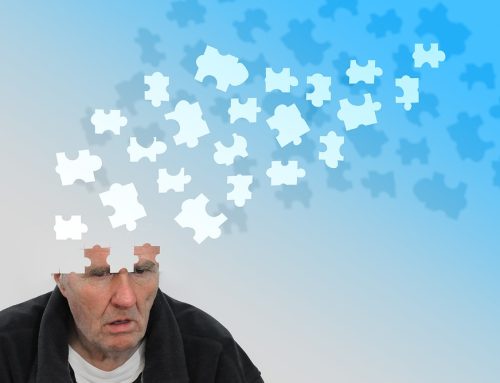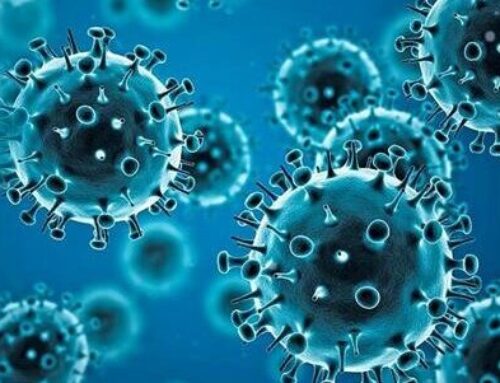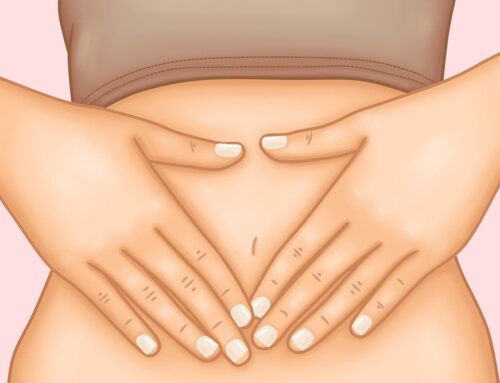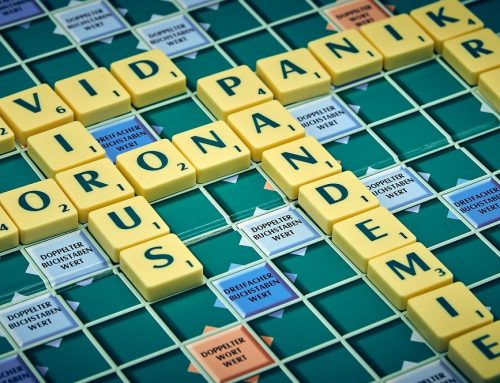Perhaps, had I contracted Covid-19 this time last year, I may have been in the minority; a novelty, an object of curiosity, an exotic specimen.
Now, in early 2022, when I tell friends the “devastating news” that I’ve tested positive, I’m met with sympathy but not surprise.
Mostly, I encounter enquiries about the amusements I have prepared for isolation, reflecting the now entirely common-place status of being a Covie.
We, as a global society, have come a long way in the last two years, showing what is possible when those with the means and those with the good intentions have a common goal. Vaccination programmes have significantly lessened the impact of Covid-19 on individuals, decreasing the risk of serious illness and death, but it certainly hasn’t disappeared from our lives. When faced with two red lines on the little plastic RAT, we need to take the situation seriously and do whatever necessary to eradicate the infection. There are a few, very basic steps we can take to help the immune system do its job.
- Water. When the body fights any pathogen, be it virus, bacteria, fungus etc., there are waste products and metabolites produced as by-products of the fight. Dead cells and other chemicals need an avenue by which they may be expelled from the tissues. This is where hydration becomes critical. Whenever one is ill, the advice is inevitably, to “keep your fluids up”, and rightly so. Cells rely on water to move nutrients in, and waste products out. The blood that carries the nutrients and waste products to and from cells, relies on water for its volume. The kidneys, that filter the blood in order to separate waste, rely on water to provide pressure through those filters. Urine, faeces, sweat and exhaled breath, the four avenues of excretion, all need ample water to efficiently remove waste products. The more water available for each of these processes, the more efficient the cycle and the more quickly the remnants of infection are able to be removed. You may notice that in times of illness, the amount of urine and sweat produced will increase for this very reason.
- Sleep. The other major component of pathogen eradication is sleep. The body does its best repair work during sleep, and the energy required to fight infection at a cellular level is substantial. During good quality sleep, the immune system releases proteins called cytokines. These chemicals fight inflammation and enable us to respond appropriately to stresses such as infection. Studies have shown that in times of sleep deprivation or interrupted sleep, fewer of these proteins are produced.
- Fever. Lastly is the question of fever and how to deal with it. Core body temperature is governed by the hypothalamus, a gland in the brain that acts as a thermostat. In times of increased external heat or exercise, the hypothalamus sends messages to other organs to take steps to offload heat. Increased respiratory rate, increased sweat production or increased blood flow to superficial capillaries will enable this. Conversely, in times of lower temperature, signals are sent to pull blood flow away from superficial capillaries and concentrate it around internal organs in an effort to conserve heat. All these efforts are made to maintain a core body temperature or “set-point” of 35- 37°C. When dealing with an invading pathogen, however, a higher body temperature is desirable in order to kill the pathogen, or at least inhibit its replication. Upon detection of a pathogen, the hypothalamus raises the body’s “set-point” above normal to approximately 38 – 39°C, inducing a fever. There is debate at this point as to whether fever inhibiting medications such as paracetamol are helpful or a hindrance. On one hand, fever can damage the cells and tissues of the body, but on the other hand fever is one of the body’s key defences against infection. It’s a tricky one.
Now on day seven of my isolation, I’m feeling relatively healthy and looking forward to reuniting with normal life again. Although it wasn’t a pleasant episode, I accept that my experience was moderate and I hope that others who contract the virus are able to navigate their way through to the other side, unscathed.


